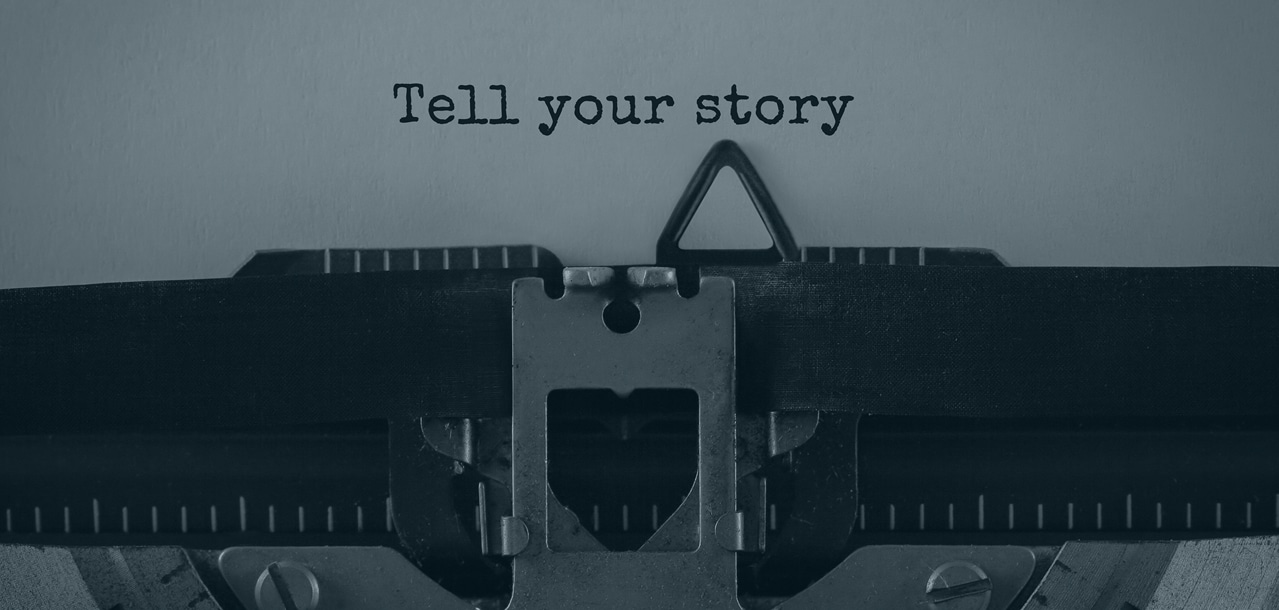Steering Point Articles

The Hero’s Journey
“By harnessing the power of the hero’s journey, companies can craft marketing campaigns that are more than just advertisements. They become engaging narratives that customers can connect with on a personal level. This emotional connection fosters brand loyalty and encourages customers to see your product or service as an essential part of their transformative journeys.”

The Fragility of Global Supply Chains, and What Comes Next
“You wait half an hour for a bus and then two show up at once. So the saying goes, anyway. Well, for global supply chains, the saying can be amended to: you wait decades for debilitating geopolitical events (or farcical bad luck) to put established supply chains in jeopardy and then four come along at once. It’s not catchy, but it is accurate.”

The Benefits of Thinking Differently
“Here’s to the crazy ones. The misfits. The rebels. The troublemakers. The round pegs in the square holes. The ones who see things differently.
If that’s you, lean into your eccentricity –– there is greater value in it than in another empty vessel. If it’s not you, why not seek out the areas in which you are a little left of field? No one of us is the same. Perhaps you’ll find a niche trait there from which you can build.”

Lessons From Sport
“Sport and business may not seem like natural bedfellows, but just as the former has grown into a fully fledged corporate entity with time, so too has the sporting mindset seeped its way into boardrooms across the western world. The fact that people talk about ‘high performance’ or ‘marginal gains’ is testament to the increased merging of the two.”

Pioneering Change : A Case Study of Jeff Bezos Transformational Leadership at Amazon
“Bezos’s transformative leadership has undeniably established a new paradigm in business, demonstrating how a leader’s vision can lead to unprecedented success. However, the complexity and scale of Amazon have revealed that such a leadership approach may have limitations, particularly in ensuring ethical labour practices across all levels of the organisation. As Amazon continues to grow, the balance between innovation and the ethical treatment of employees remains a pivotal area for leadership attention.”

NIS2: What Companies Need to Know
“The EU’s Network and Information Systems Directive (NIS2) is scheduled to come into effect across member states on October 18th, 2024. Businesses that fail to put the right measures in place by that date are at risk of facing serious regulatory problems, including the potential suspension of C-suite executives and fines of up to €10 million.”

Why You Need a Creative Outlet
“Productivity culture is at a fever pitch. We must all have a primary and side-hustle…We must work ourselves into the ground until we’re so burned out that we’re not useful to anyone, least of all ourselves. Or, we could treat our minds and bodies with a little respect and find some balance.”

How to Approach a Career Pivot
“According to the US Department of Labor, the average person will change careers 5-7 times during their working life. Approximately 30% of the total workforce will change jobs every 12 months”

Tracing Coffee’s Path from Origin to Office Ritual
“Google is a primary example of an organisation who have employed baristas serving high quality coffee for their employees marking their awareness of both the physical and psychological effect of provision of coffee for their employees.”

Building A Resilient Workforce : The Power of A Growth Mindset
“Developing a workforce characterised by a strong growth mindset, resilience, and determination can be achieved through strategic use of reward systems and effective management. One key area which can contribute to employee’s intrinsic motivation is praise.”

What is the State of Workplace Loyalty in 2024?
“Employees may be uncertain as to how loyal they should be to their company given the ever-changing landscape and the potential drawbacks of over-investing themselves. But employers will always want loyal employees…So how can employers work to earn loyalty from their staff?”

The Dangers of Playing it Safe
“To stop playing it safe, companies need to reassess their relationship with risk. Of course risk can bring failure. (As we’ve established, playing it safe can too.) But those failures don’t need to be failures. Through a shift in mindset, they can instead be viewed as opportunities for learning.”